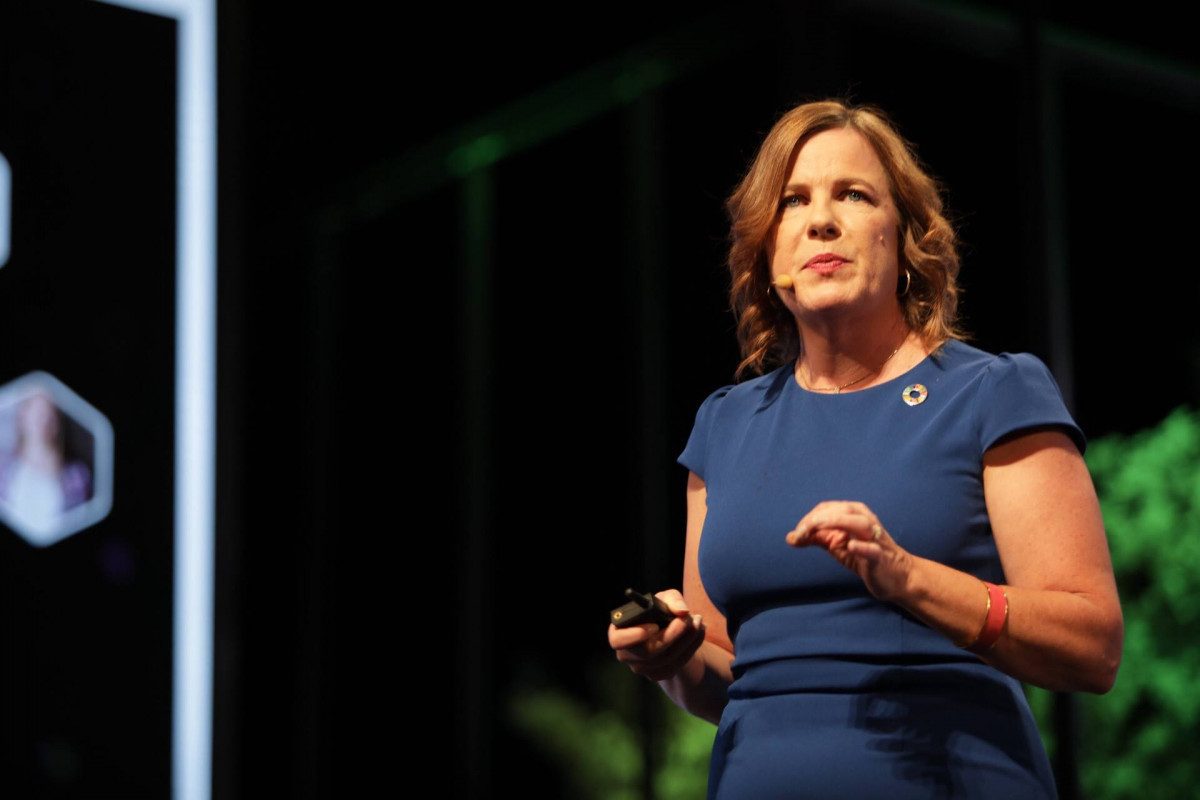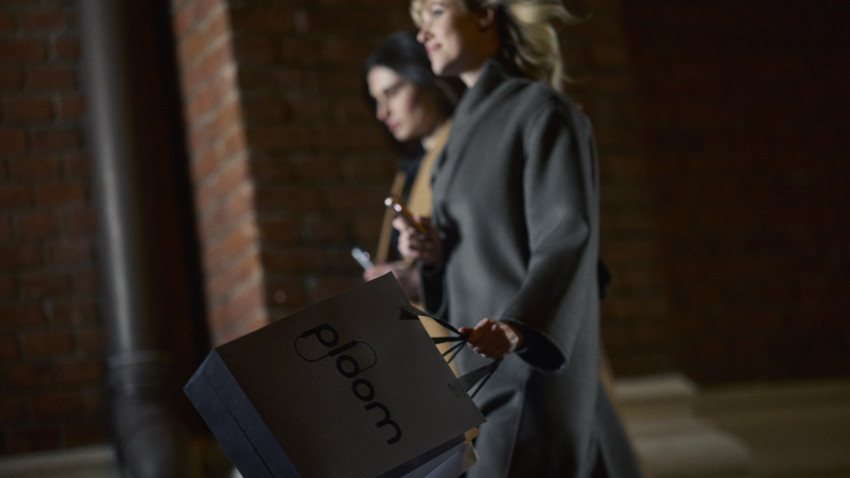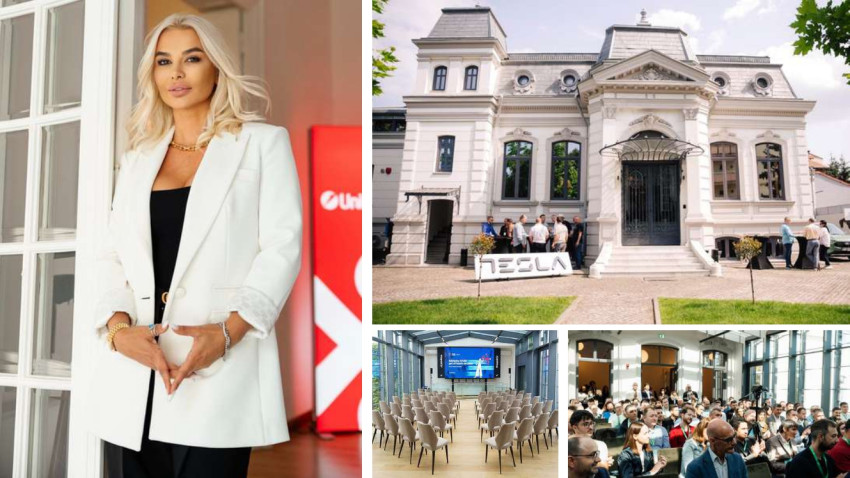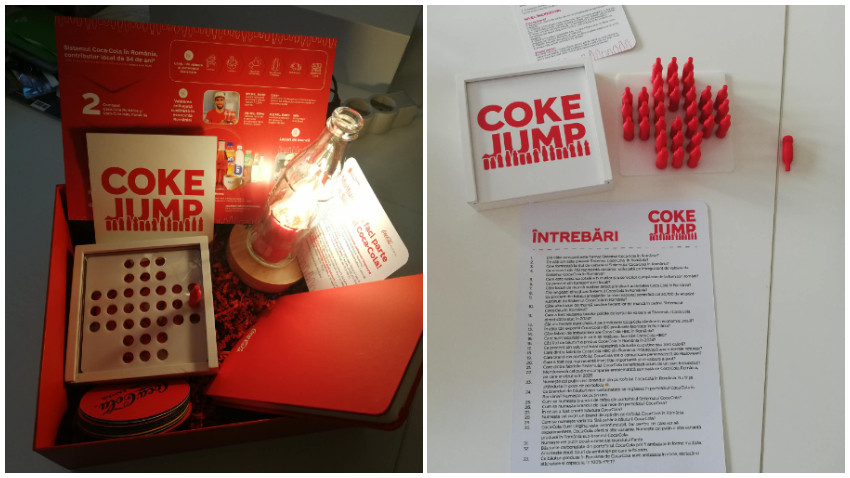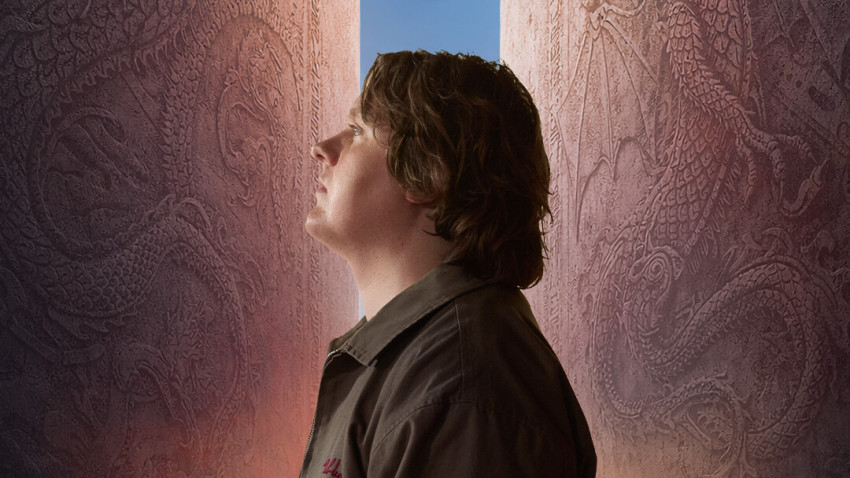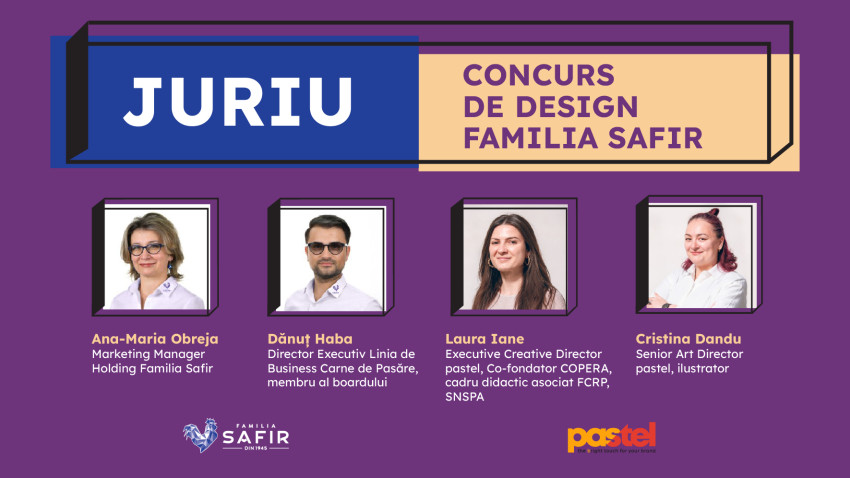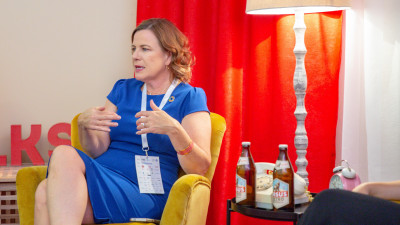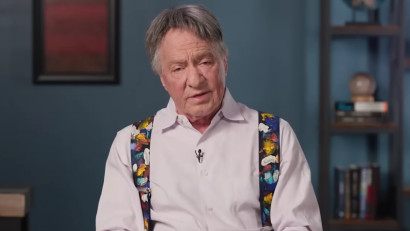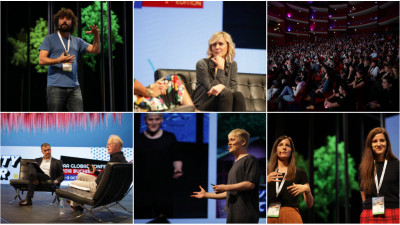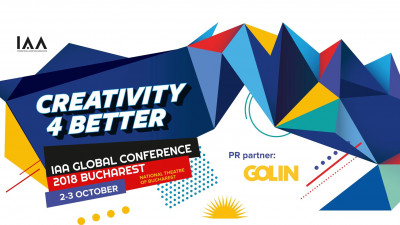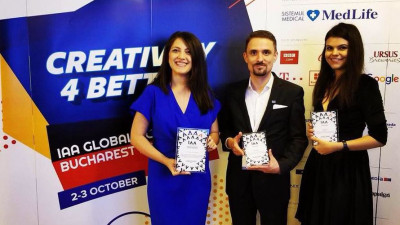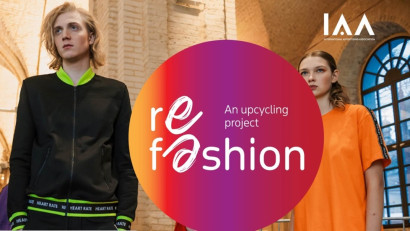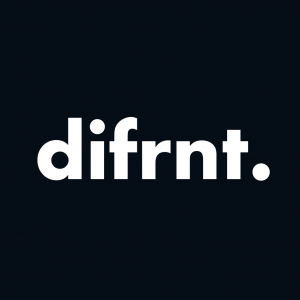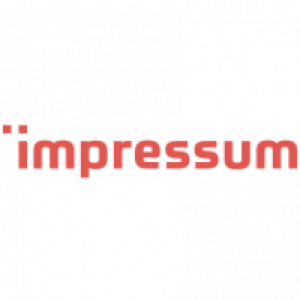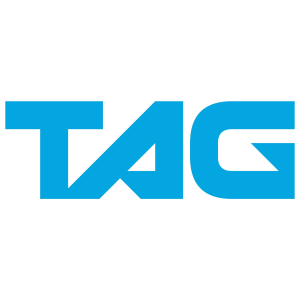What are people Googling these days? Surprisingly, nothing surprising. On the contrary, their searches are getting more and more trivial. Olive oil. Travel pillows. Cecelia Wogan-Silva (Global Advertising Sales and Marketing Executive & Global Director Creative Development, Google) explains it like this: people now rely on technology for the smallest, most ordinary things in their day-to-day lives. It's consumers' new mentality, that of assistance: they expect technology to fulfill their needs in just a few seconds and to know what those needs are, without precise clues.
Cecelia spoke at the Creativity4Better conference, organised by IAA Romania in Bucharest, about how culture is changing based on the seconds new consumers choose to allocate here and there. We continued the discussion during a break, when we busted some myths about people's fear of artificial intelligence, content overload anxiety or limited attention spans. Cecelia also spoke about data processing and the pressure from media agencies around this topic.
Being a tech evangelist in 2018
To be an evangelist right now is celebrating what has already been produced, amplifying big ideas. At the same time, our responsibility is to look forward and imagine new posibilities. So my job is to understand the applications of technology before it reaches the market.
In terms of people relating to technology, what I see is happening is less of a binary love-hate relationship. There was a time when new products were coming along, everybody was a journalist, everybody was uploading. New ideas were starting up around ther corner. It felt like we were empowering people to have a voice. But those people who never actually participated started feeling like they were being deliberately left behind. That it was an act of choice.
Today I see it quite differently. I think technology is playing a new role: bringing people together. Things like infrastructure are becoming top priorities in businesses, because they know they have to connect the dots between their resources, all their data points. My hope is that it should feel like an invitation to participate as opposed to only some individuals being part of it.
The future of AI
There are a lot of discussions right now about machine learning. And I think it's super exciting. There's a natural fear associated with machine learning and AI technology. I saw an interview with Kurzweil and he said machines replacing people is nothing new, it happens all the time.
In this particular case, I think the fear arises because machines and computers begin to look and act like humans. But the roles won't change. Art directing will still require an art director, copywriting will still require a copywriter, the roles will be the same, the tasks will be different.
I think machine learning will have a massive role in production/implementation, where we're going to see a lot of diversity through customized products. And that will be a laborious task; it's hard to deliver a customized message in a milisecond - and that will need machine support. We see it every day in the constant need for customized, personalised ads.
We shouldn't fear that. Because the money will still come from originating ideas and machines won't take part in that process. Machines are only capable of imitating what they've already seen.
I like the quote "AI is like electricity". And yes, at first it's scary, like a bolt in the sky. But then, if you think about it, you can use electricity. You can read late at night, for instance. Electricity didn't kill the world, it changed it.
Advertising and technology
All great advertisers have been questioned about the ownership and usage of data. But I don't think data manipulation and usage will go away, this just means we'll be having a new, transparent conversation (this is what we'll use to reach your audience and you'll pay us for that). Transparency became a lot more important than before.
The media industry is under a lot of pressure because of data manipulation. We're not using classical metrics anymore, we're working with new ones, and that adds pressure to the client-agency relationship.
I spent many years on the creative part, just trying to raise the flag - creativity is all that matters. We've been living in a world for the last 15 years where we've heard time and time again: targeting, targeting, targenting. I love targeting. But you have to add value and to be sure you're talking to the right people. We're getting to a point now where finding the right people is assumed. But there's a certain level of expertise about targeting.
We totally forgot there was a time when you thought "oh, it's digital, it doesn't really matter, I'm just executing whatever I feel like doing". We're now in a totally different point in history where you can do something extraordinary to make people respond to your brand.
A recent study shows that 50-80% of a campaign's efficiency comes from its creativity. How we converge creative with media to make a big difference, that's the issue. Creative doesn't work in a vacuum, but in an infrastructure with media. You know, I've been having this conversation since 1995. We know this conversation. How many more times do we need to have it?
Now, more than ever, because of contextual relevance in the delivery of ads, it's made possible to deliver personalized content from a creative perspective. And that means media and creative being in the same room at the same time, coordinating their plan of attack.
New consumers
I don't think it's about what they need from technology, it's about what they learned to need because of technology. Consumers are overwhelmed with content. There is more content coming at us than ever before. 7 years ago, some Pew studies showed anxiety levels going up as this content explosion was coming along. Twitter and Facebook and Instagram, oh my God. Can I ever keep up? There was an incredible amount of choice. People were very anxious, their psychological health was at risk.
Last year, Pew updated the research and found out that psychological safety was back to normal again. Because humans adapted to sorting through the content - what is relevant versus what is a waste of time. In 7 years, you developed better filters saying: that's useless, skip that, that's a waste, and you learned how to find stuff that's really relevant to you.
The consumer basically says: I'm in charge of filtering out crap from wonderful content that is meaningful to me. Once I find something with value, I would like to go deep, I would like to keep going, 30 seconds is not enough, I want 3 hours with you.
I don't watch Netflix or House of Cards for 30 seconds, I watch for 6 hours. When I find something I love, I will give myself to it entirely. And the consumer goes on filtering between what is instantaneously gratifying and shuts down content he doesn't want.
Computers affected these new expectations. There are more searches for things considered to be supermundane, like olive oil, travel pillows. We used to search for things like cars, now we are constantly looking for a solution. Can you help me find the best olive oil?
People are making demands like you've never seen before. We're talking about this assistance mentality. And I'll give you an example. My daughter is going back to school and I said "look, it's time to go to sleep, settle down, put your pijamas", and she said to her smartphone: play some classical music. And on came the machine playing Tchaikovsky really loud. And it didn't make sense to her, she looked at her phone to ask "what is wrong with it?".
Basically she's looking at that machine and she's thinking: I expect you to understand my need in under 2 seconds and play music that I asked for and even if I didn't say Mozart, you should've known that it is 9 o'clock at night, who I am, where I am, what I need and on what terms I meant. And if you don't answer me in 5 seconds, I will get rid of you. That's an 11 year old, but I can tell you adults think the same way.
That is how consumers have changed. Expectations are extremely high on personalized content on demand at any given moment. And brands that cannot keep up with that are going to miss the opportunity to connect with the consumer.



